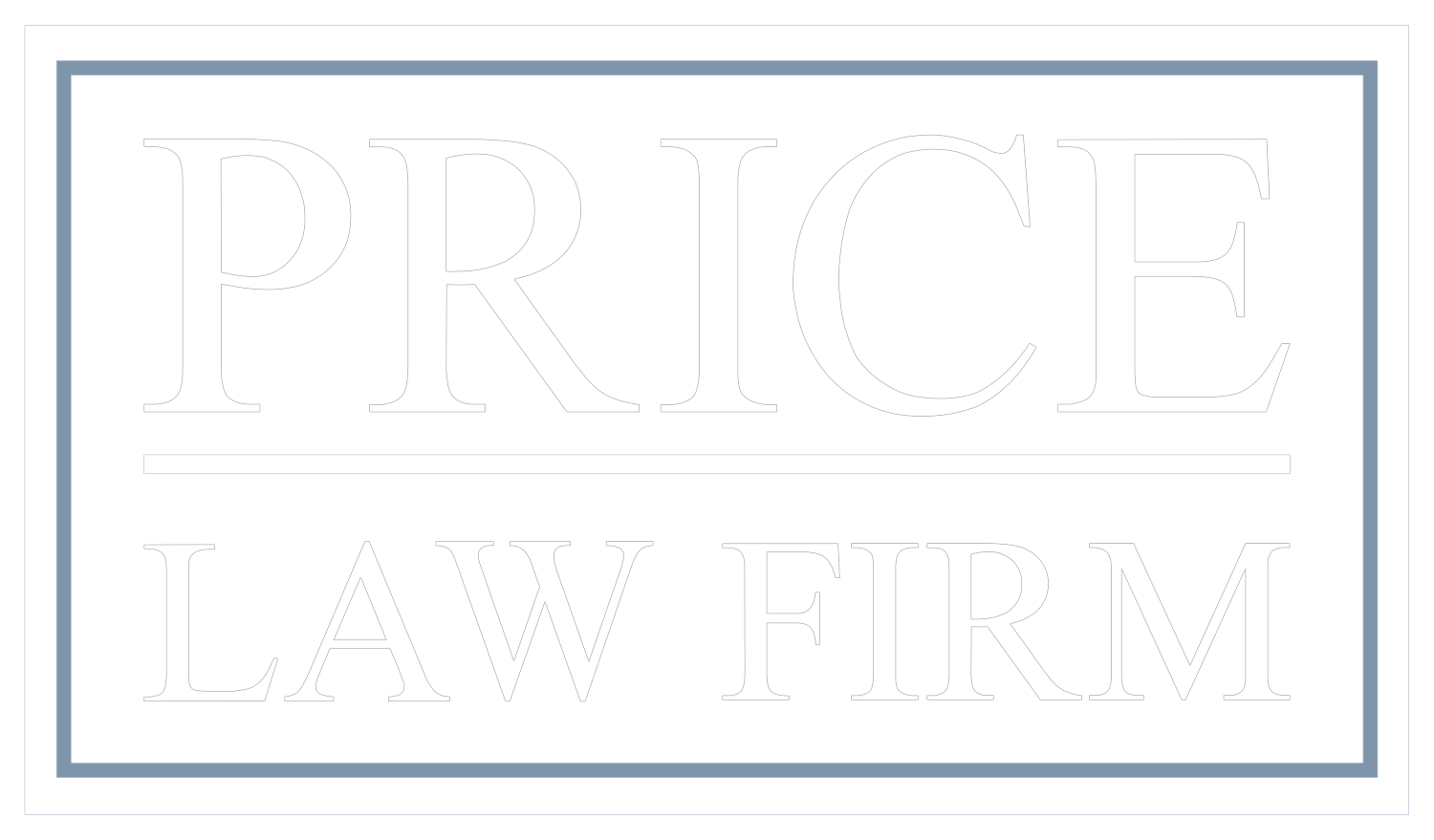
NY Court of Appeals Reigns in Tenant’s Ability to Seek an Overcharge Award

NY Court of Appeals Reigns in Tenant’s Ability to Seek an Overcharge Award
For the first time in quite a while an appellate court has reigned in a tenant’s ability to prevail in an overcharge case and has decided a four-year statute of limitations case in the landlord’s favor. In the Matter of Kelley So. Boyd v. DHCR, 2014 NY Slip Op 04806 (New York Court of Appeals June 26, 2014) the Court of Appeals unanimously reversed a divided Appellate Division and held that a tenant would not be permitted to avoid the burden of the statute of limitations by doing not much more than making a naked allegation of fraud.
A History of NYC Rent Stabilization and Rent Increases
Let me explain the legal history on this important issue in the field of landlord-tenant law. In New York there is an onerous system called rent stabilization. The State of New York required every rent stabilized apartment in New York City to be registered with a state agency called DHCR in 1984 and for each landlord to register that apartment’s tenant, rent and lease term (and some other information) on an annual basis. Landlords would only be permitted to raise the rents on existing tenants based upon a percentage increase that would be permitted by a quasi-governmental agency called the Rent Guidelines Board. Increases to vacant apartments would also be set at a fixed percentage increase although landlords would be permitted to raise the rent that could be charged on a vacant apartment by performing Individual Apartment Improvements (IAIs) to the vacant apartment and then being allowed to raise the rent by 1/40th the cost of the renovations (for perspective $10,000 in renovations would result in $250/month in the form of a rent increase). If the landlord was able to get the legal rent to $2,000/month at a time of vacancy then the apartment would be automatically deregulated and the landlord would be permitted to charge the new tenant anything that the landlord wished. Accordingly, when a rent stabilized apartment would become vacant, the landlord would often perform massive renovations to the apartment in order to be legally permitted to charge the highest rent permitted by law.
Don’t leave your legal matters to chance. SCHEDULE A CONSULTATION OR CALL US AT (212) 675-1125 for a personalized consultation and let our experts guide you through every step of the process.
Joshua Clinton Price
Founder of The Price Law Firm LLC
Josh Price is a lawyer who is sought by clients with complicated cases because of his extensive knowledge of the law and his ability to help the law evolve.
Search an article
Contact Us for a
FREE Consultation
Blog (Website Form)

Facing a real estate issue?
Contact us to schedule a consultation and get expert legal advice tailored to your specific needs and circumstances.
OR CALL US NOW AT:
SHARE THIS ARTICLE:
Recent Posts
Get Expert Legal Advice











